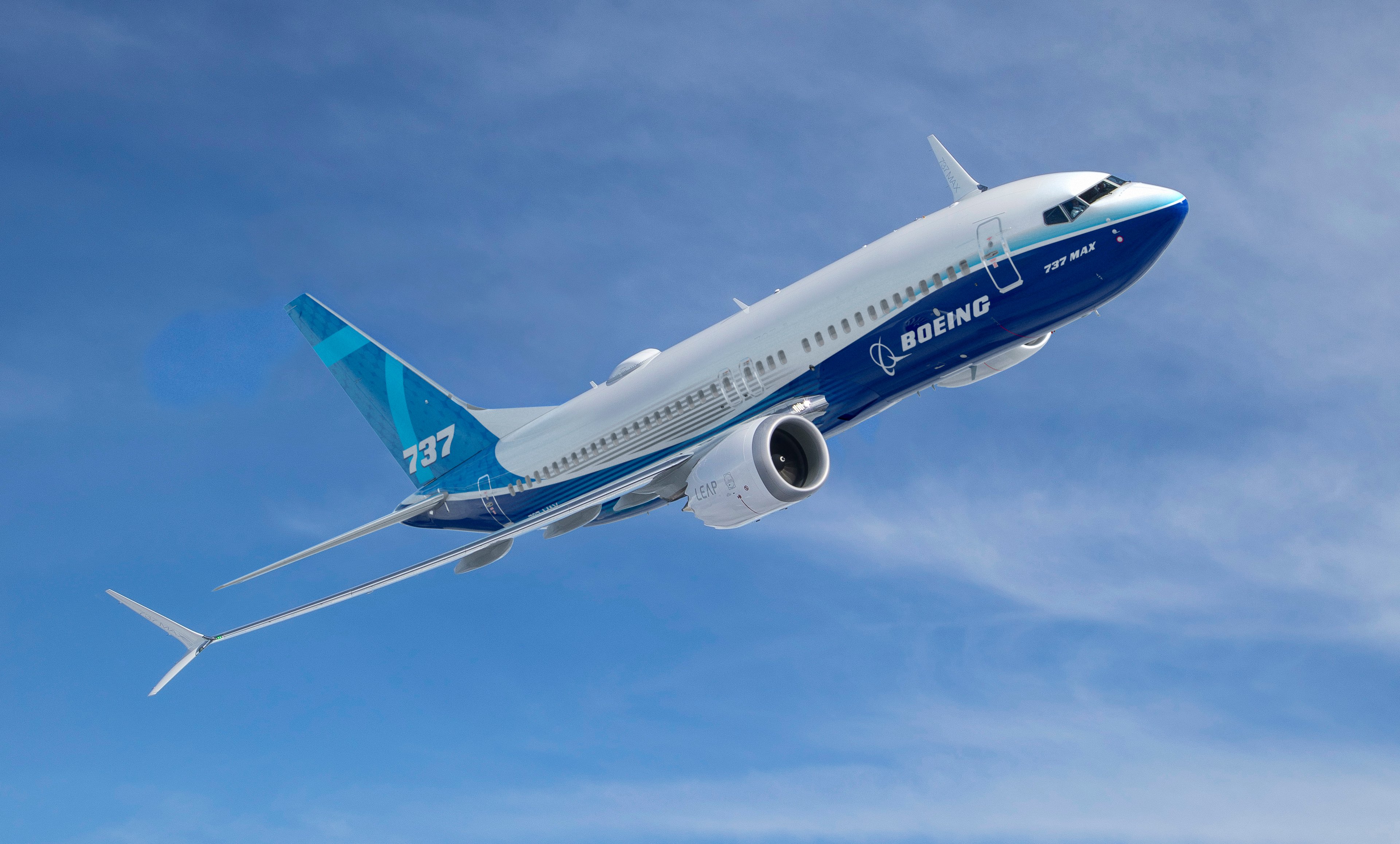Boeing (BA +1.30%) is a leading aircraft manufacturer that builds commercial jets and undertakes defense contracts. The company's commercial arm has been a shield during many downturns -- latest being the slump in the aero major's defense operations. The defense segment's share in revenue is declining owing to the difficult business environment, and this has drawn investor attention. Will the commercial wing yet again prove to be an armor against risks?

US Airways Boeing 757. Source: Wikimedia Commons
Dimming defense arm
Boeing chief executive Jim McNerney expects the military and defense arm to see "flattish" growth as environment remains tough -- thanks to constrained government budget mostly on account of the low discretionary spending. The overall defense budget has been reduced by $490 billion for the period 2012-2021. The segment's total contribution to Boeing's revenue reduced to 38% in 2013 from 47% in 2011.
A Boeing company executive told Reuters that it's making less EA-18G military aircraft until Congress increases the orders. In fact, after 2016 the company plans to shut down the St. Louis production line of F/A-18E/F Super Hornets and EA-18G Growlers. This could affect Boeing's operating results as sizable part of the revenue is derived from the U.S. government.
Also, according to aviation analyst Richard Aboulafia, another essential factor that's having a bearing on Boeing's defense arm is Lockheed Martin's top fighter aircraft, the F-35, which is endangering the existence of Boeing's F-15, F-18, and C-17.
Jetliners' are flying high
Defense may be facing a headwind, but Boeing's commercial segment is having a good flight. The segment revenue grew 8% year over year, and drove the overall revenue of the aviation giant to $86.6 billion, an increase of 6%. The segment accounted for 61% of the total company revenue.
Boeing made deliveries of 648 airplanes in the latest fiscal year, of which 440 were the 737 model. Other commercial planes 777 and 787 recorded their best ever deliveries. The company obtained total net orders of 1,355 during 2013 that increased the backlog to $347 billion. This was primarily driven by solid orders for its 737-family aircraft that accounted for 1,046 units or 77% of the total orders. The 737-Max is one of the most fuel-efficient aircraft from the 737 family, with advance engines made by a General Electric and Snecma joint venture.

Boeing 737-500. Source: Wikimedia Commons
The commercial jet space is extremely competitive where Boeing's highest-selling 737 aircraft is aggressively contested by archrival Airbus' (EADSY +0.45%) A320. The French aircraft manufacturer makes A320 aircraft at the rate of 42 a month, while the American giant builds 38 737 per month. Last year Airbus flaunted its market share of 53%. To effectively compete with Airbus, Boeing is augmenting its manufacturing capacity at two facilities to accelerate production of the 787 Dreamliner and the 737 aircraft.
Boeing wants to maintain its dominance in the wide-body aircraft market with its twin-engine wide-body lineup that includes the 777X aircraft, which would compete with Airbus' A350, scheduled to enter airline service in 2014.

The A350; Source: Airbus
Boeing's also working to get better prices from suppliers. Its "partnering for success" initiative aims to work closely with suppliers to minimize costs and increase profits. So far only one out of every three suppliers is part of this program, while others are still in talks. The company has huge room for improving its process and engineering of the aircraft by including more suppliers in this initiative.
A secured foray
Boeing is trying its hand on the smartphone business. This opens up a wide array of opportunities for the company as it could help it in its existing contracts as well as prospective ones. It said that it has designed an ultra-secure handset to protect the U.S. defense and security communication, and could replace BlackBerry as the chief vendor of secured phones. This is quite an unexpected but interesting development from the maker of fighter and commercial jets.
The Boeing Black smartphone, powered by Google's Android with high security, can encrypt data. It has a self-destructive mode, which means that all data will get deleted in case somebody tries to break open, rendering the phone inoperable. Secured phones are very important to ensure safe data transfer between government official particularly at critical situations.
Blackberry has several government contracts under its belt, but the Boeing Black smartphone could challenge its position. Samsung is also trying to tap this market, but its offerings are not as tough as the Canadian phone maker's, and far from what Boeing looks to offer.
Foolish takeaway
Investors might be a bit apprehensive about the defense arm, but Boeing is doing well to balance things out. Although no specific plan has been structured to defend the defense, the company realizes that the division demands more consideration. Investors needn't be as apprehensive, for the growth in commercial aviation should help set off the slack in the defense segment. Boeing's commitment to its core jetliners business, and its foray in the secured smartphone arena are suggesting good times ahead.







